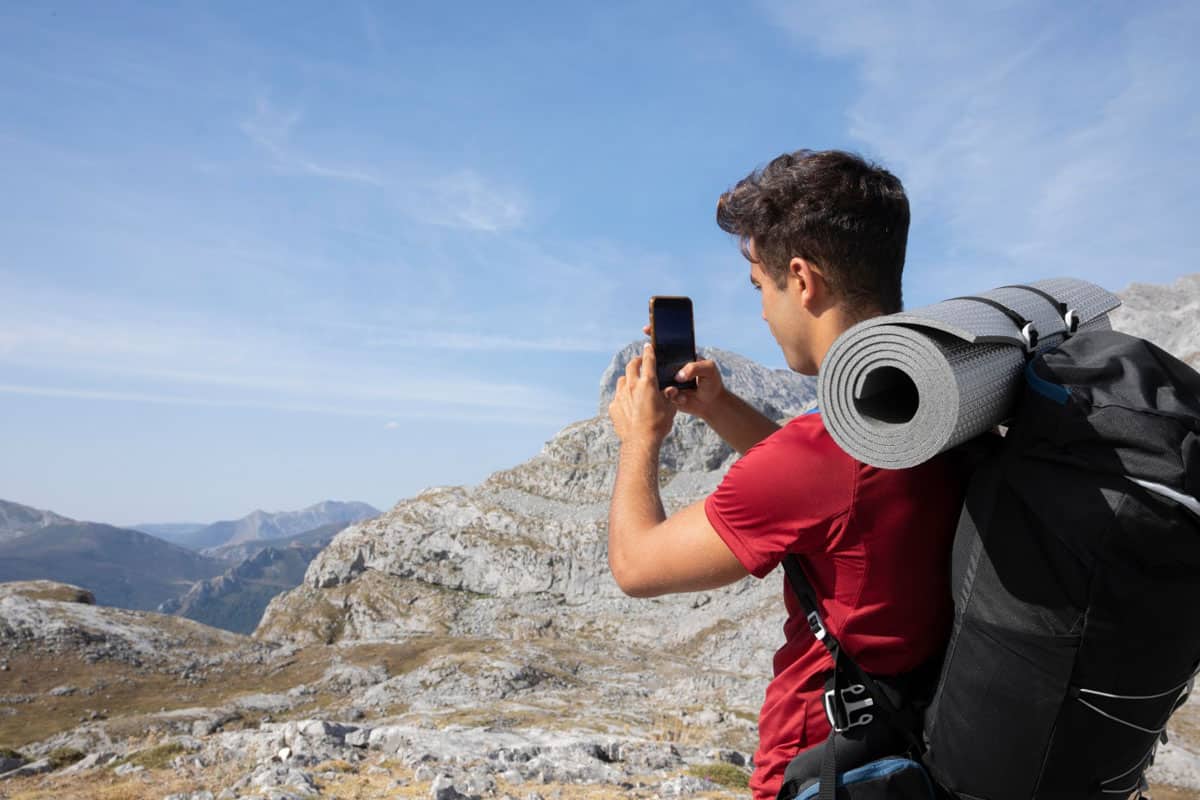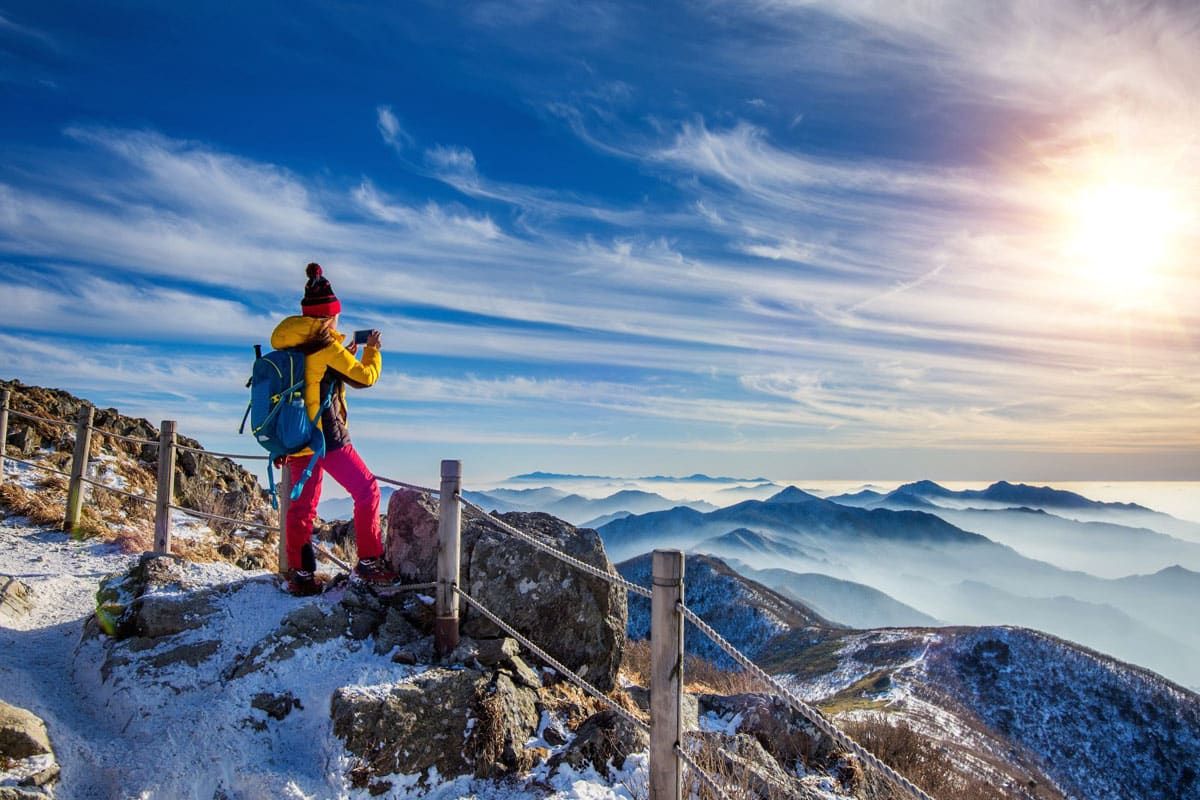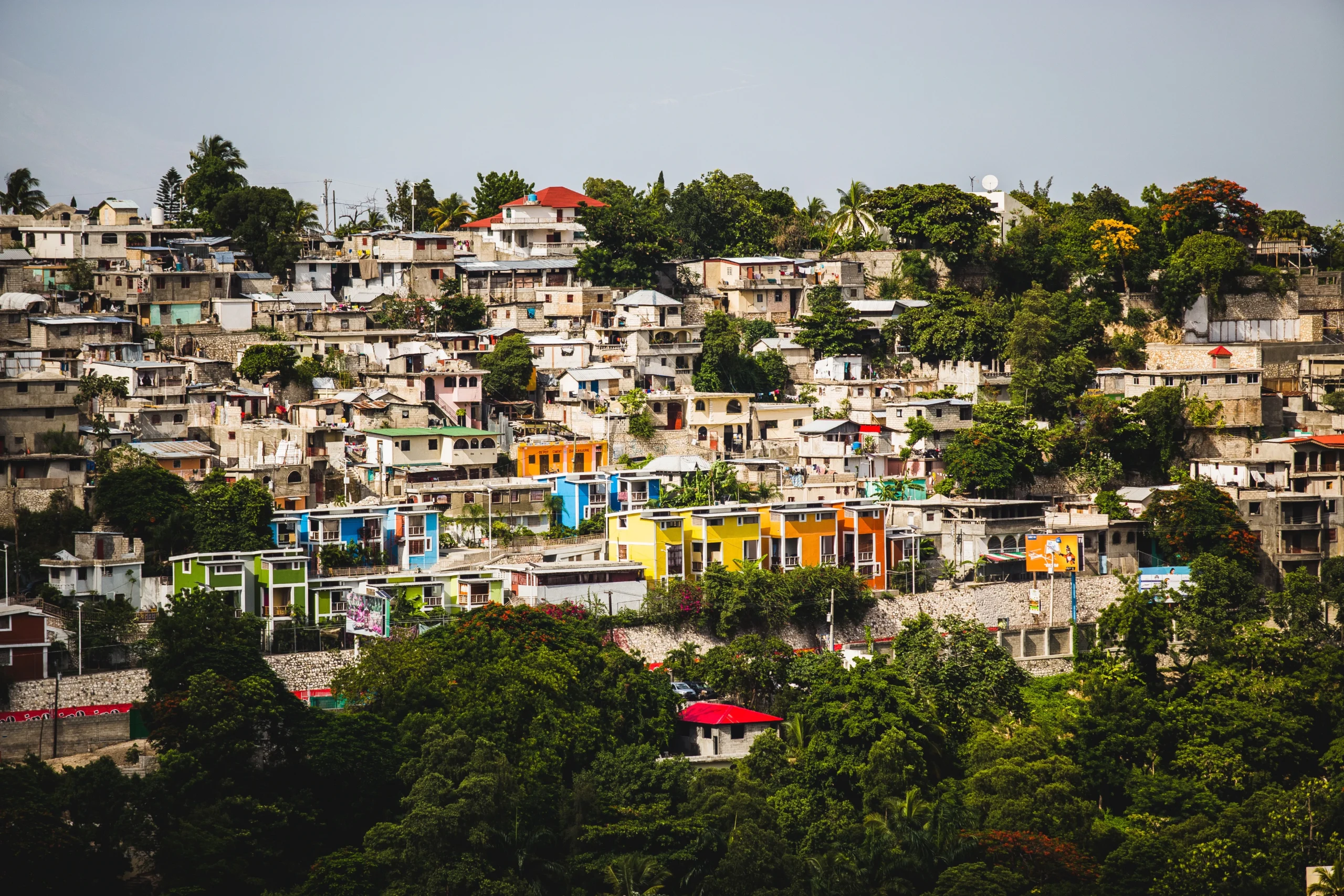A Complete Travel Guide to the World’s Largest Salt Flat
Welcome to Salar de Uyuni, the most surreal and breathtaking destination in Bolivia — and arguably, the entire planet. Stretching over 10,500 square kilometers, it’s not just the largest salt flat in the world, it’s a visual spectacle that turns the earth into a giant mirror of the sky.
Whether you’re a travel photographer, adventure lover, or simply someone who wants to stand where the earth touches the heavens, Salar de Uyuni is a must-visit bucket list experience.
📍 What is Salar de Uyuni?
Salar de Uyuni is located in southwestern Bolivia, formed by prehistoric lakes that evaporated over millennia, leaving behind a crust of dazzling white salt.
During the wet season (December to April), a thin film of rainwater transforms the salt flat into a massive mirror, reflecting the sky so perfectly that the horizon vanishes.
In the dry season (May to November), the surface turns into a vast, cracked crust of hexagonal salt tiles, stretching to the horizon in all directions — like something out of a sci-fi movie.
🧭 How to Get to Salar de Uyuni
✈️ By Air
-
From La Paz: Direct flights to Uyuni Airport take about 1 hour. Several domestic airlines offer daily departures.
🚌 By Bus
-
From La Paz: Overnight buses depart in the evening, taking 9–11 hours. The journey is long, but scenic.
🚙 From San Pedro de Atacama, Chile
-
You can also reach Uyuni via multi-day jeep tours that cross the Andes and surreal desert landscapes.
📸 What to See and Do
1. The Mirror Effect
Best experienced between January and March, the water-covered salt flat becomes a perfect mirror, blending heaven and earth into one. A dream for photographers and drone lovers.
2. Incahuasi Island
Located in the middle of the flats, this “island” is covered in giant 1,000-year-old cacti and offers panoramic 360° views of the salt sea around you.
3. The Train Graveyard
Just outside Uyuni town, explore a haunting collection of rusted 19th-century steam trains abandoned in the desert — an eerie and photogenic stop.
4. Salt Hotels
Spend a night in hotels made entirely from salt blocks! The walls, beds, and even furniture are all sculpted from pure salt.
5. Eduardo Avaroa National Reserve
Take a 3-day tour through the altiplano to discover:
-
Laguna Colorada – a red lake filled with flamingos
-
Laguna Verde – a stunning green lagoon near a volcano
-
Geysers, hot springs, and desert landscapes straight from Mars
🗓️ Best Time to Visit
| Season | Months | Highlights |
|---|---|---|
| 🌧️ Rainy | Dec–Apr | Mirror effect, reflections |
| 🌞 Dry | May–Nov | Salt polygons, better access, stargazing |
Pro tip: Visit in late March to catch the mirror and still access most remote areas.
🧳 Travel Tips Before You Go
-
Altitude: Salar de Uyuni sits at 3,656 meters (12,000 ft). Take time to acclimate in La Paz before traveling.
-
Cash: ATMs are limited. Bring enough Bolivianos (BOB) with you.
-
Warm Clothing: Nights can drop below freezing, even in summer.
-
Sun Protection: The white salt reflects UV rays — wear sunglasses, sunscreen, and a hat.
-
Photography Gear: Bring a tripod, extra batteries, and a wide-angle lens for stunning visuals.





Wow… I’ve always dreamed of visiting Salar de Uyuni, but after reading this article I feel like I’m already halfway there. The way you described the mirror effect and the salt hotels gave me goosebumps. I had no idea about the train graveyard or Incahuasi Island — thank you for the amazing insights! I’m definitely bookmarking this for when I finally make the trip